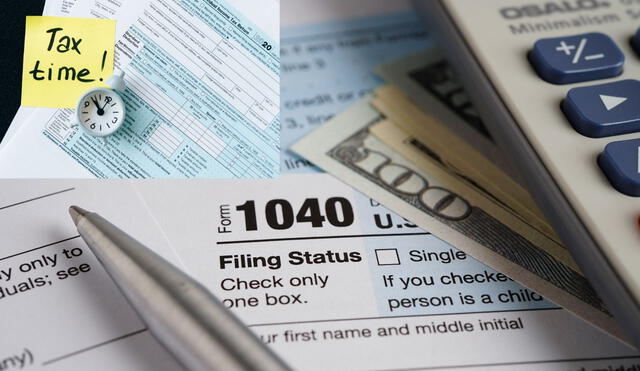IRS cutbacks won’t save you: Why skipping your tax return can lead to big penalties
Reduced IRS staffing doesn’t eliminate filing obligations, and avoiding taxes can lead to financial and legal consequences.

Amid tax season, the Internal Revenue Service (IRS) budget cuts are making headlines. In this sense, some taxpayers might believe they can avoid filing their tax returns without consequences. The assumption is that fewer IRS resources mean less enforcement. However, tax experts warn that this is a risky gamble.
Ignoring your tax obligations can result in hefty penalties, increased interest, and other financial setbacks. In some cases, it could also lead to legal trouble. Despite staffing reductions, the IRS still has automated systems and enforcement measures to identify and penalize non-filers.

ALSO SEE: IRS will close over 110 taxpayer assistance offices across the U.S. amid cost-cutting measures
Why skipping your tax return can lead to large fines
Failing to file your tax return can result in severe penalties. The IRS imposes a failure-to-file penalty, typically 5% of the unpaid taxes for each month the return is late, up to a maximum of 25%. Additionally, there's a failure-to-pay penalty, usually 0.5% of the monthly unpaid taxes. These penalties accumulate, increasing your tax debt over time.
Some believe that if they don't owe taxes, they aren't required to file. However, not filing can still have repercussions, including the loss of potential refunds or tax credits. Moreover, the IRS may file a substitute return on your behalf, which might not account for all deductions or credits you're eligible for, potentially increasing your tax liability.
IRS budget cuts impact enforcement
Recent budget cuts have led to significant layoffs within the IRS, raising concerns about the agency's capacity to enforce tax laws effectively. The Department of Government Efficiency's plan to reduce the deficit by $1 trillion resulted in the elimination of 7,000 IRS positions nationwide. This reduction could lead to delayed tax refunds and diminished taxpayer assistance.
Despite these cutbacks, experts emphasize that the obligation to file taxes remains unchanged. Michael Kaercher from NYU Law warns that reduced staffing might encourage some to evade taxes, but such actions can lead to severe penalties and legal issues. Taxpayers are advised to maintain thorough documentation and stay in contact with tax professionals to navigate potential challenges during this tax season.











